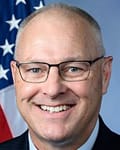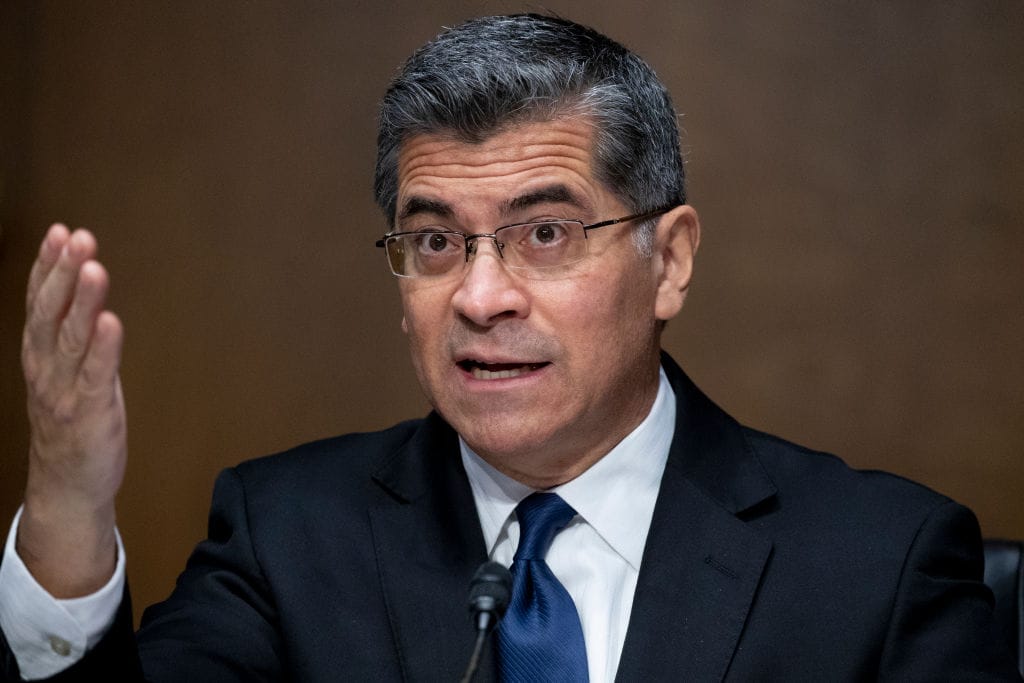
Congressman Pete Stauber’s (MN-08) bill to restore energy development on Alaska’s North Slope passed the House of Representatives this week. The Alaska’s Right to Produce Act will reverse the Biden Department of the Interior (DOI)’s decision to prohibit oil and gas development on 13 million acres within the National Petroleum Reserve-Alaska (NPR-A). It will also reinstate the lawfully awarded leases that the Biden DOI canceled within the non-wilderness Coastal Plain of the Arctic National Wildlife Refuge (ANWR).
. . .

Jen Schultz was endorsed by the Democratic-Farmer-Labor Party for Minnesota's 8th Congressional District seat on May 4. She advocates for affordable healthcare, quality education, economic prosperity for working families, and reproductive freedom for all. She believes in a better way forward by bringing people together and focusing on solutions to expand the middle class and protect rights.
. . .

Biden administration to issue rule expanding DACA health care access
By Ariana Figueroa, Minnesota Reformer
WASHINGTON — The Biden administration will publish a final rule Friday that will allow about 100,000 uninsured people in the Deferred Action for Childhood Arrivals program to enroll in state-run or private health insurance plans provided under the Affordable Care Act, administration officials said.
The new rule from the U.S. Department of Health and Human Services could provide an opportunity for those uninsured DACA recipients to enroll in health coverage through a Health Insurance Marketplace plan or a state-run Basic Health Program, also called BHP, in the few states where those plans are available.
“By providing new opportunities for quality, affordable … health care, this rule will give DACA recipients the peace of mind and opportunity that every American deserves,” White House Domestic Policy Advisor Neera Tanden said on a Thursday call with reporters previewing the final rule.
Only two states, Minnesota and New York, operate Basic Health Programs. Oregon is set to become the third this year. The program, created in the Affordable Care Act, allows states to provide affordable health care coverage to low-income people who make too much to qualify for Medicaid. The programs are almost entirely federally funded.
In a statement, President Joe Biden said DACA recipients, often called Dreamers, deserve access to health coverage.
“Dreamers are our loved ones, our nurses, teachers, and small business owners,” Biden said. “And they deserve the promise of health care just like all of us.”
There are about 600,000 DACA recipients who were brought into the country without authorization when they were children. The Obama-era program protects them from removal.
HHS Secretary Xavier Becerra said about one-third of DACA recipients are uninsured.
“DACA recipients are currently three times more likely to be uninsured than the general U.S. population and individuals without health insurance … are less likely to receive preventative or routine health screenings,” Becerra said on the Thursday call.
November start date
The rule will go into effect Nov. 1, “in order to align with the individual market Open Enrollment Period in most states and allow time for required operational updates,” according to a fact sheet provided by the White House. The move could affect as many as 100,000 DACA recipients, the White House said.
“DACA recipients are no longer excluded from receiving coverage from a quality health plan,” Becerra said.
DACA recipients who qualify to enroll in a Marketplace plan could also qualify for “advance payments of the premium tax credit (APTC) and cost-sharing reductions (CSRs) to reduce the cost of their Marketplace coverage, depending on their income,” according to the fact sheet.
The rule will update the definition of “qualified noncitizen” to receive Medicaid and Children’s Health Insurance Program benefits to clarify the categories of noncitizens who qualify for coverage. The rule will not otherwise change eligibility for those programs for noncitizens.
A senior administration official also noted that most DACA recipients have health care coverage through their employment, but that this rule will catch any recipients who are uninsured. The administration official spoke to reporters on the condition they not be named.
DACA recipients are currently awaiting a court case that is likely to head to the Supreme Court to determine the legality of the program after the Trump administration tried to end it. If the Supreme Court deems the program unlawful, it’s unclear what happens to those in the program.
Minnesota Reformer is part of States Newsroom, a nonprofit news network supported by grants and a coalition of donors as a 501c(3) public charity. Minnesota Reformer maintains editorial independence. Contact Editor J. Patrick Coolican for questions: info@minnesotareformer.com. Follow Minnesota Reformer on Facebook and Twitter.



